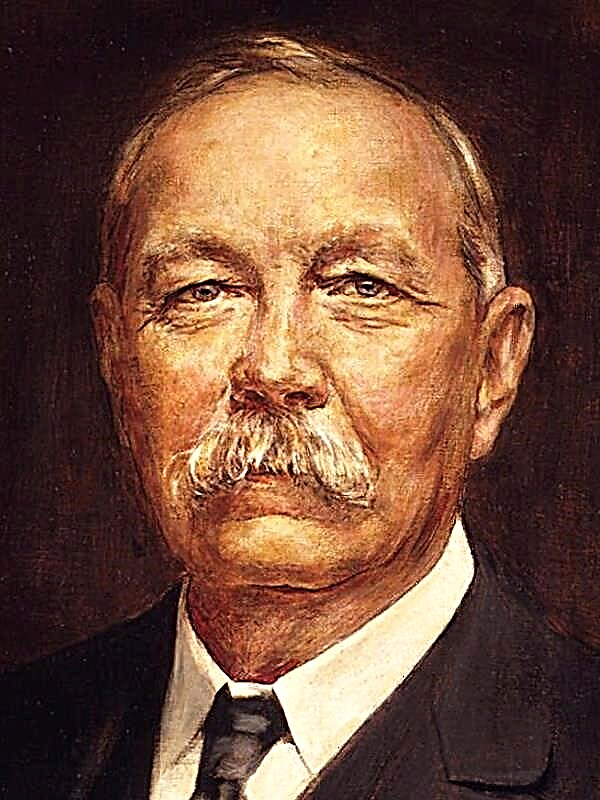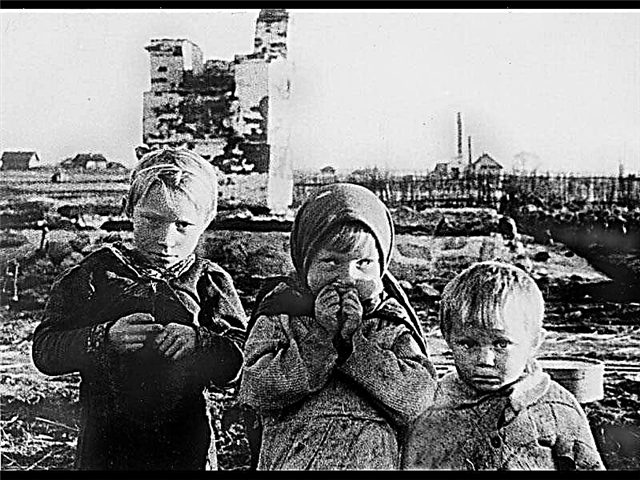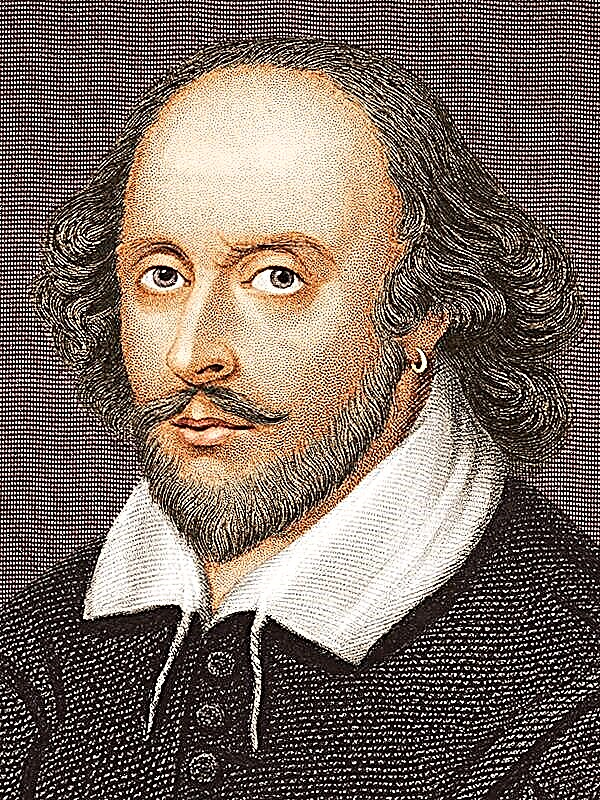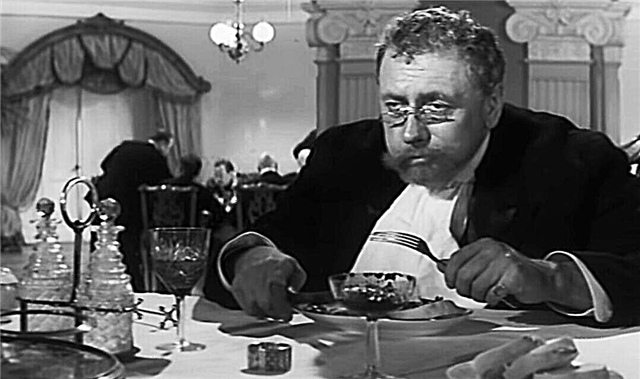The history of his country has always been interesting to the poet M. Lermontov. He often talked about loyalty, honesty, and patriotism. If at that time many works were written with the aim of elevating particularly important ranks, then Borodino was written in the form of dialogue, where the monologue of the old soldier occupies most of it. It is he, a simple man, who knows the truth about the war.
History of creation
Mikhail Yuryevich Lermontov finished his work on the patriotic work “Borodino” in early 1837. The poem was published in the journal Sovremennik in the same year.
The poem is written in honor of the 25th anniversary of the Battle of Borodino. It describes in detail the details of the battles, actions, although in poetic form, but the reader can imagine everything written by the poet, since his words accurately convey the atmosphere of those events.
Genre, direction and size
The writer depicted all the subtleties and details of battles and war with accuracy, without embellishment, therefore this work is at the junction of lyrics and epic. Thus, before us is the poet’s civic lyrics.
"Borodino" refers to the genre of national-patriotic ballads. The pathos of the poem is heroic; it dates back to the epic tales of antiquity, which told descendants about the exploits of grandfathers.
The poetic size is iamb. Has a woven rhyme.
Composition
The poem is built on the structure of the ring composition: it begins the same way as it ends.
Lermontov uses this technique in Borodino to focus the reader on the main problem in the work - the insolvency of the younger generation compared to the previous one.
Images and Symbols
- The narrator. We hear the history of battles from the lips of a patriot who is proud of his people for the exploits of 1812. Despite his young age, he is even now ready to step against the enemy, if necessary. Lermontov personifies in the image of an ordinary ordinary soldier all the characteristics of the simple Russian people - honest, courageous, courageous.
- Lyrical hero. Since the work is built in the form of dialogue, the old man gives an answer to the young man. It was he who was interested in the history of the past. He is not indifferent to the events of 1812, and clarifies that everyone remembers this war. He is the embodied hope of the younger generation. New people are just as brave, selfless, and if necessary, everyone will be able to go against the enemy in order to defend their homeland. They remember the achievements of their ancestors, they live in love for the motherland. However, far from all of them are, and the old soldier observes this with reproach.
- Also in the poem "Borodino" Lermontov portrayed commanderwho died in battle, giving his life for his homeland. High-ranking officials then showed an example of heroism and valor, and did not sit in their offices, expecting another increase.
Themes, problems and mood
- The main theme is patriotism.. The Russian people have heroism and courage, it is these qualities that allowed him to discard the enemy who conquered all of Europe. They are always ready to stand up for their land - their love is measured by lives and shed blood.
- Historical memory. The author repeatedly recalls that it is necessary to remember and preserve the historical heritage of the past. The young man proudly declares that all of Russia remembers Borodin's day. And the plot of the poem itself is a respectful conversation, the transfer of the experience of old people to young people.
- War problem. Lermontov describes front-line everyday life and exposes a number of problems that exist in the army. An abyss has opened between the commanders and soldiers, no one knows anything, the intentions and maneuvers of the authorities are incomprehensible to the common man, therefore many fighters are worried by a complete misunderstanding of the situation.
- Fathers and Sons. The main problem that the author touched: the poem begins with Lermontov's characteristic opposition of the current generation to the previous one. The poem sounds a complaint about the current generation, dormant in inaction. Now no one will be so torn in battle as in bygone days, - so the old "uncle" began to describe the battle. He completes his story about the battles of soldiers as well, with memories of those times, the rapture of those feats that will no longer be now.
- Mood the dual is created. On the one hand, we feel pride in our glorious ancestors, on the other, we feel the longing that the new generation is not able to continue the brilliant path of their fathers.
Idea
The author entrusts the story of the events of the popular struggle of 1812 to an ordinary soldier, an ordinary participant. So he emphasizes the greatness of the entire warring people, and not just the command. The main idea is that it is not the tsar and his entourage who wins, but ordinary and loyal people, whose losses, troubles and risks are not considered by anyone. The author teaches us to remember their silent self-denial, their meek and great feat, which became the key to our freedom.
The battle of Borodino described by the author is a demonstration of the values and ideals of the people. This is courage, dedication and love for the Fatherland. The meaning of the poem is to magnify these concepts, to show your generation the moral path that will always lead to victory.
Means of artistic expression
The most vivid colors give the work epithets and metaphors, with which the author tries to convey the mood and atmosphere of the poem.
- Epithets: “remote battle”, “mighty, dashing tribe”, “damp land”, “flying smoke”.
- Metaphors: “we stand with our heads”, “fire shone, damask sounded, buckshot squealed”, “we stand with our heads”, “volleys of a thousand guns merged into a long howl”.
Also, thanks to Lermontov and the work of Borodino, people used phrases such as: “Yes, there were people in our time,” “they got a bad share,” and they became winged.
To immerse the reader in an atmosphere of simple dialogue, the poet uses colloquial expressions and colloquial spoken words.

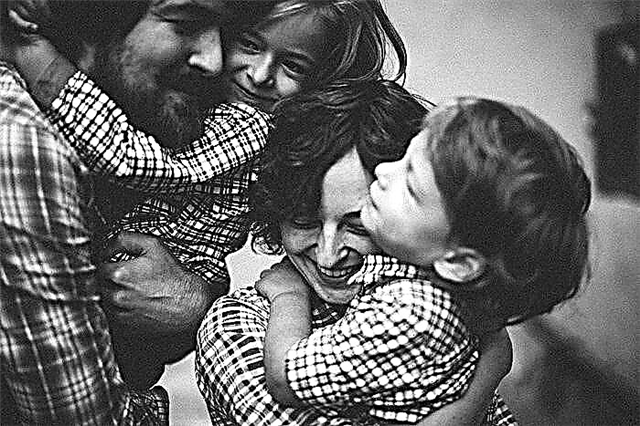
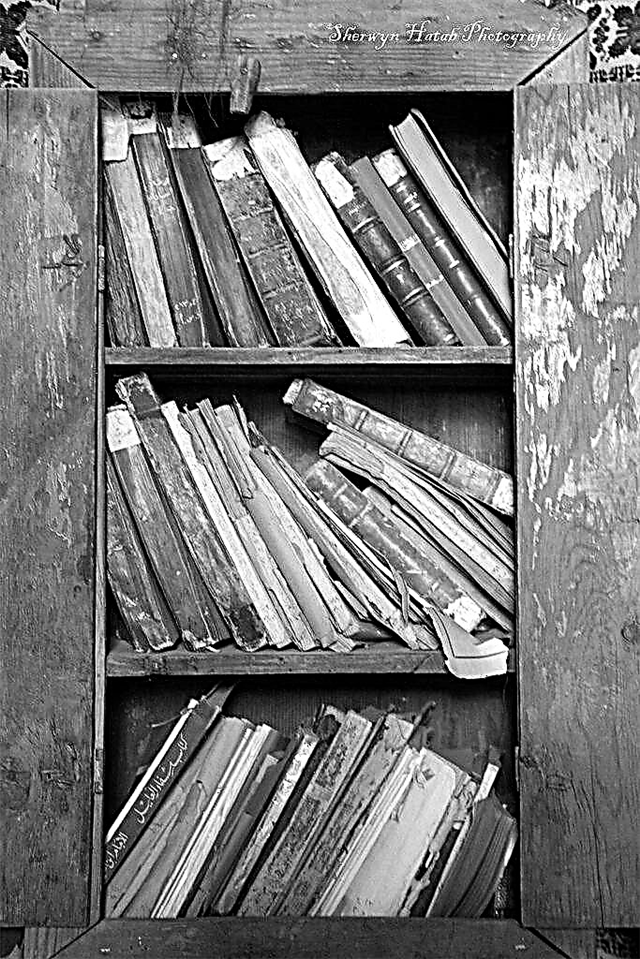
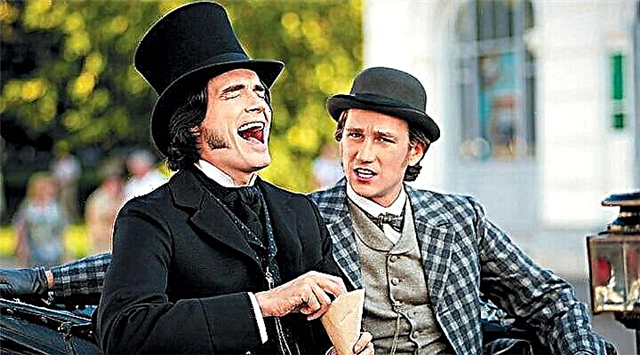
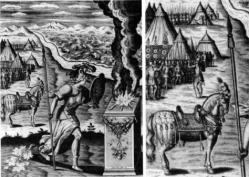
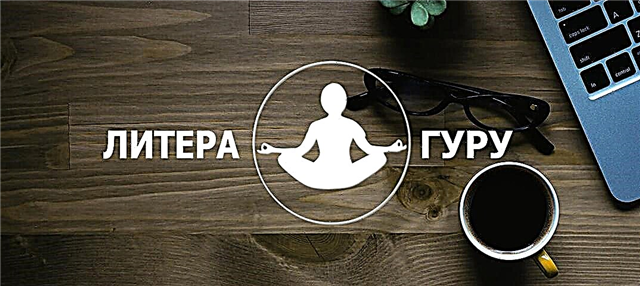
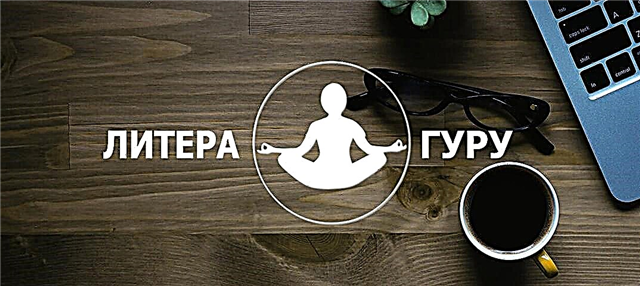
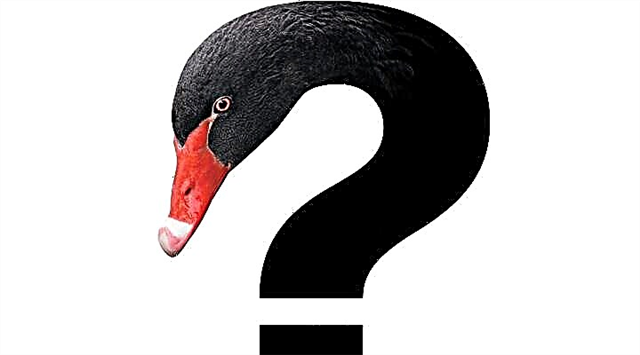 Black Swan
Black Swan